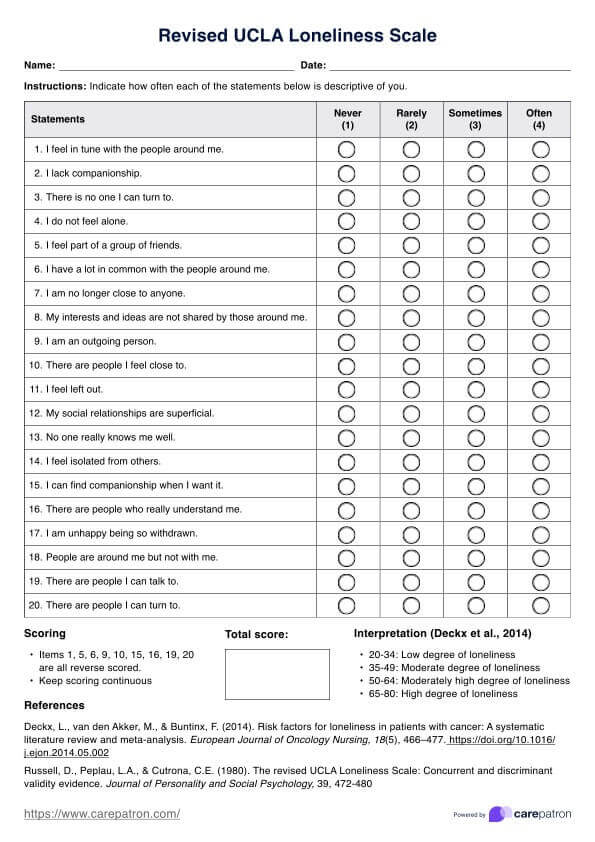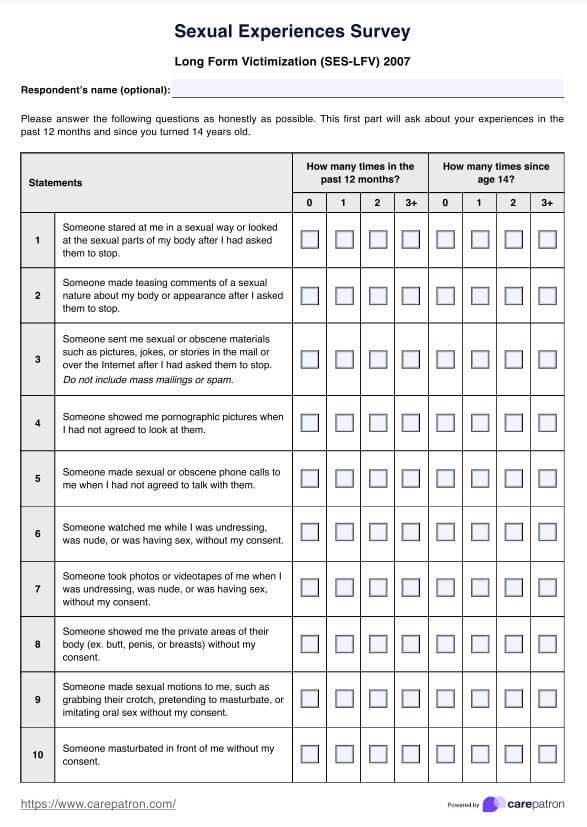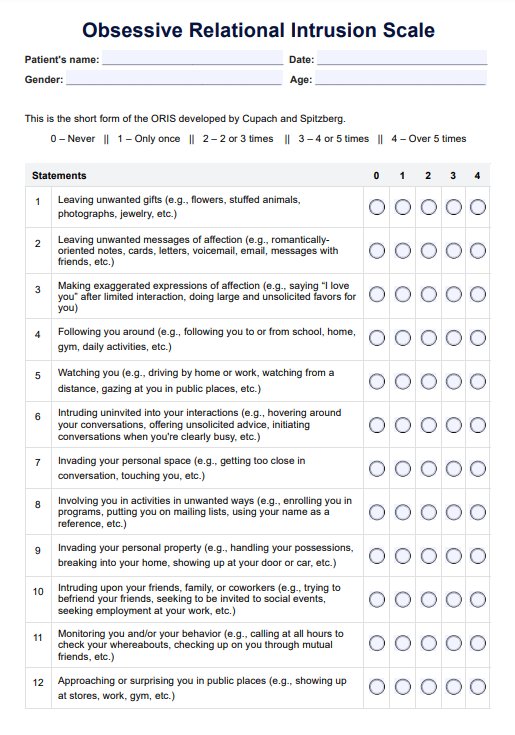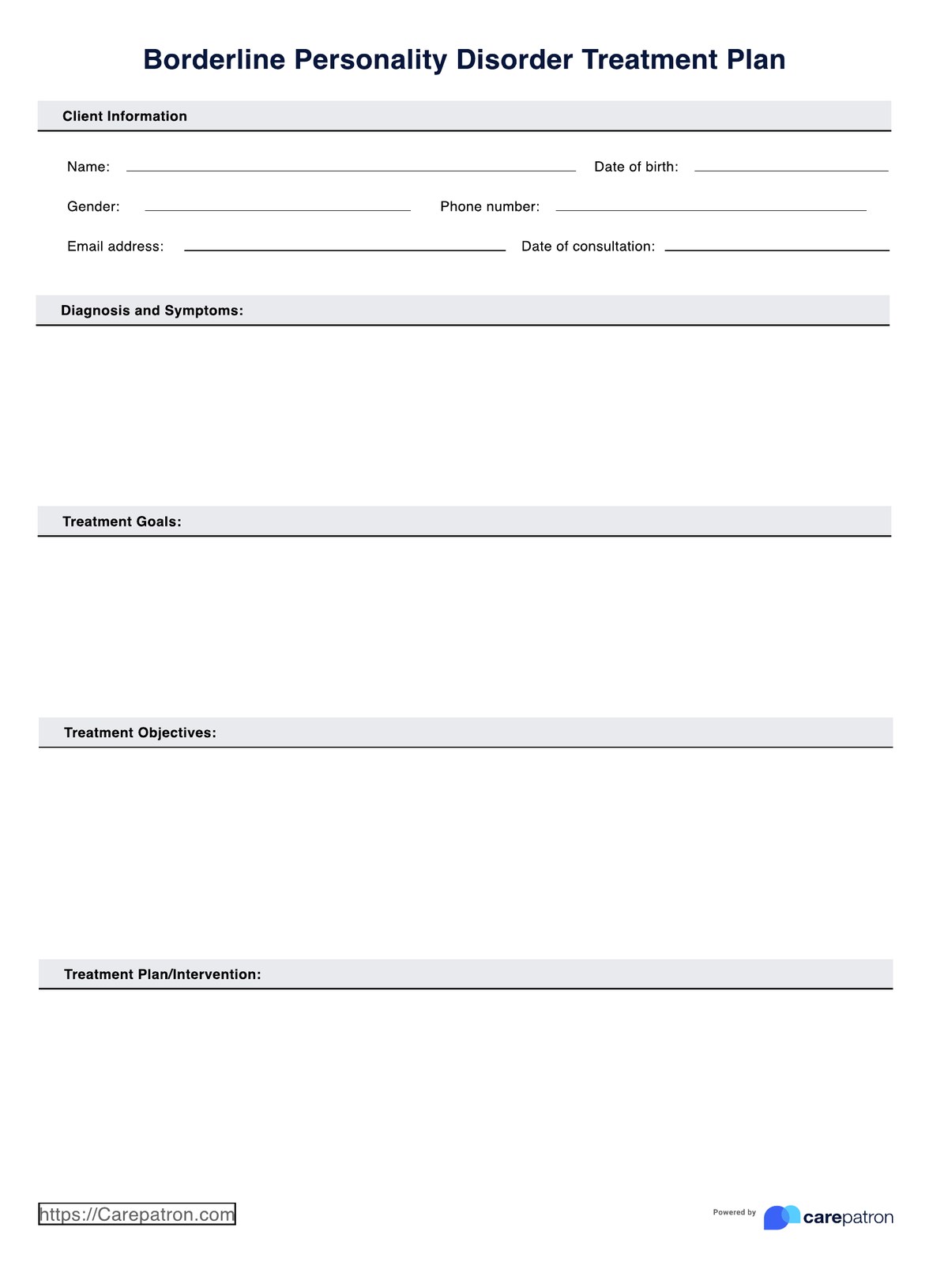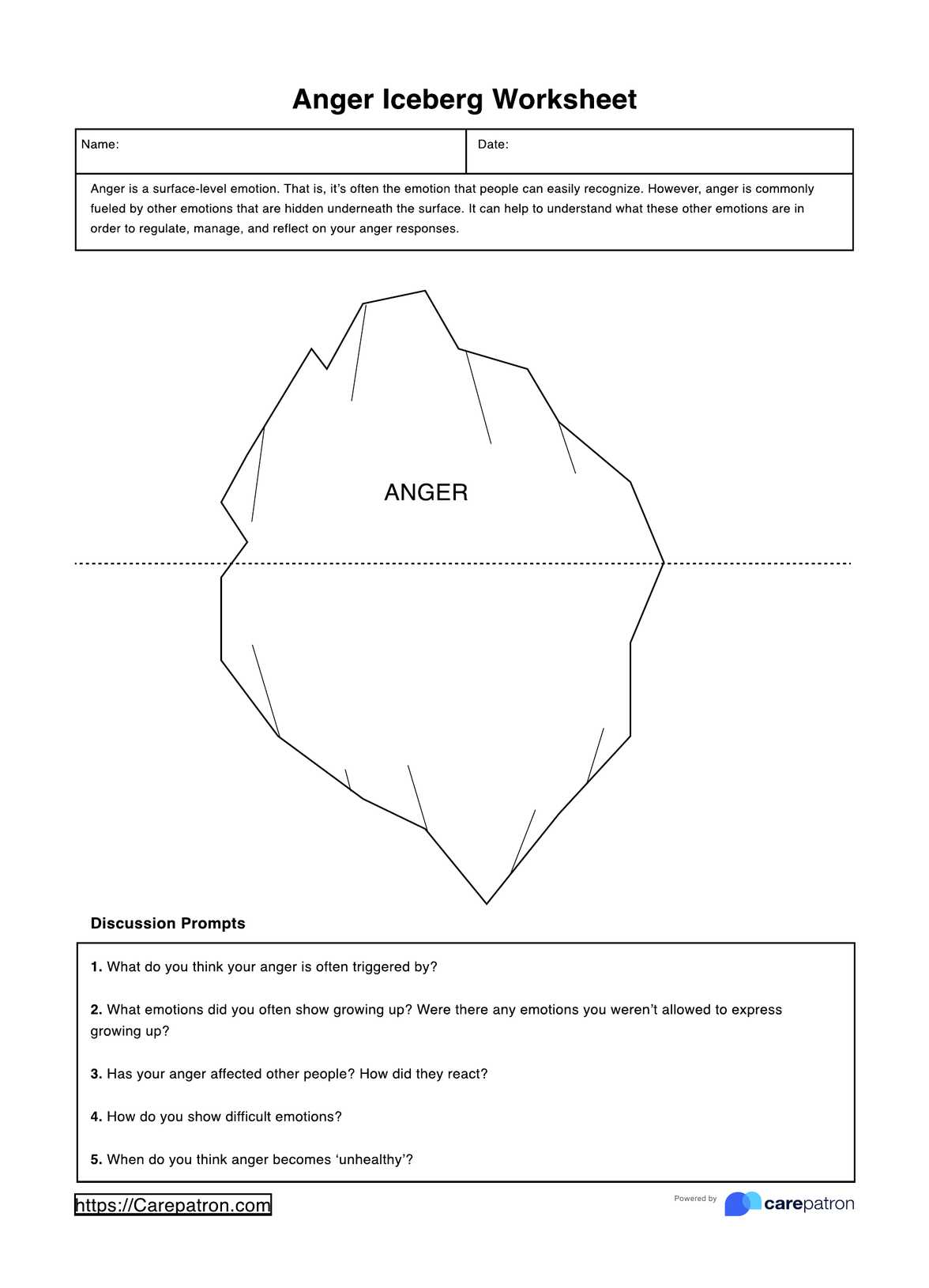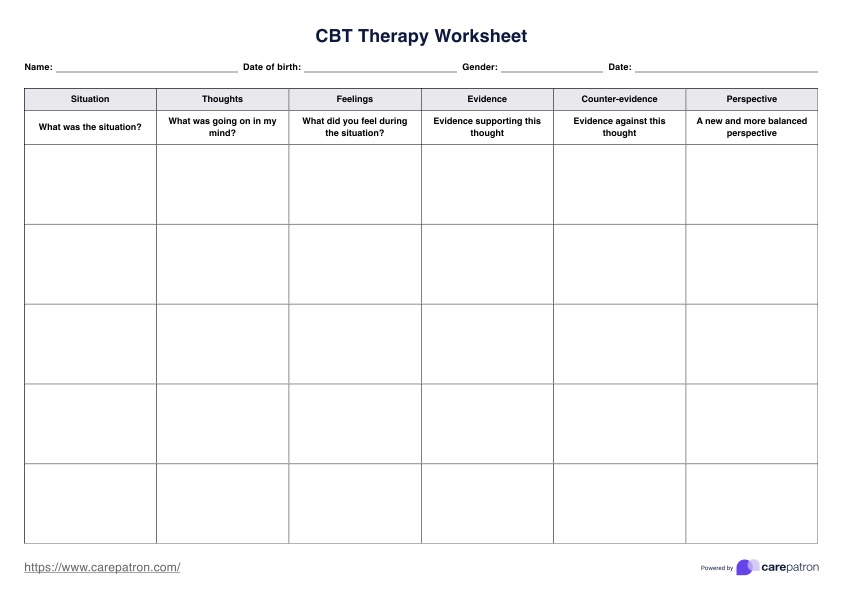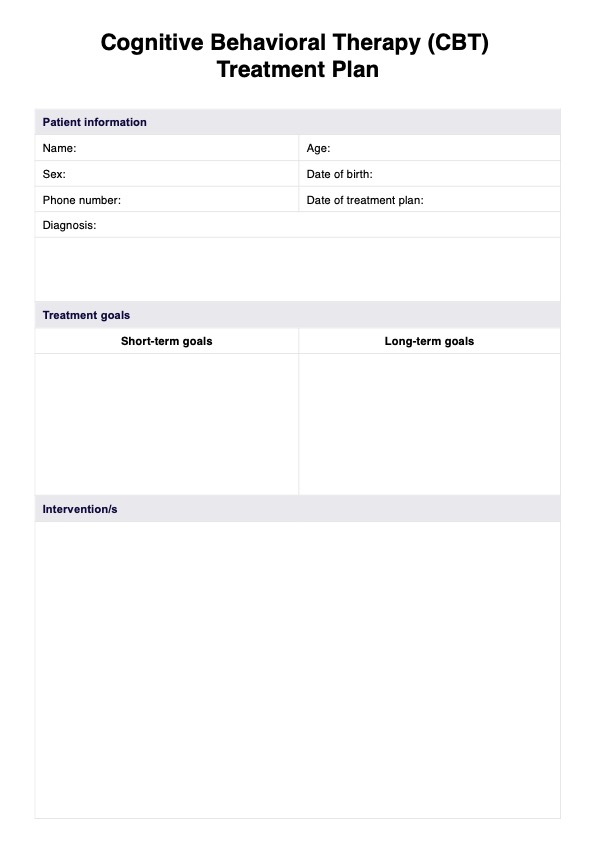RO DBT Skills Lists
Get access to a free Radically Open (RO) DBT Skills List to help clients with overcontrol issues develop emotional flexibility and enhance social connections.


What is radically open dialectical behavior therapy?
Radically open dialectical behavior therapy (RO DBT) is an evidence-based approach designed specifically for individuals struggling with emotional loneliness, poor interpersonal relationships, and overcontrolled coping tendencies. It is an adaptation of the well-established dialectical behavior therapy (DBT) developed by Dr. Marsha Linehan but with a distinct focus on treating disorders characterized by excessive self-control, cognitive rigidity, and risk aversion.
While traditional DBT primarily targets impulsivity and emotional dysregulation, RO DBT differs by addressing the opposite end of the spectrum: overcontrol and emotional loneliness. It incorporates new strategies to help individuals develop greater social connectedness, emotional expression, and flexibility in interpersonal relationships.
RO DBT was developed by Dr. Thomas Lynch and colleagues at the Duke Cognitive Behavioral Research Program (CBTRP). It draws from DBT principles and incorporates techniques from other therapeutic modalities, such as Acceptance and Commitment Therapy (ACT) and Compassion-Focused Therapy (CFT).
RO DBT Skills Lists Template
RO DBT Skills Lists Example
What is the RO DBT Skills List?
The RO DBT Skills List is outlined in the RO DBT Skills Training Manual (Lynch, 2018). This manual serves as a guide for mental health professionals seeking to implement RO DBT in their practice. The skills class covered in the manual aims to help individuals develop greater social connectedness, emotional expression, and flexibility in interpersonal relationships.
Some key skills included in the RO DBT Skills List are:
- Radical openness: Cultivating the ability to openly and spontaneously share thoughts, feelings, and experiences with others, prioritizing social signaling over self-control.
- Self-enquiry: Engaging in conscious awareness and exploring one's internal experiences, emotions, and thought patterns.
- Interpersonal effectiveness: Developing effective communication strategies and assertiveness skills to achieve desired goals while maintaining healthy relationships.
- Distress tolerance skills: Learning techniques to cope with negative emotions and distress without resorting to maladaptive behaviors or social isolation.
How to use the Radically Open Dialectical Behavior Therapy Skills List
Our printable RO DBT Skills List can help you and your client explore RO DBT techniques as part of their healing journey. Follow these steps to get started:
Step 1: Access the skills list
Use the provided link to download the RO DBT Skills List. You can also get a copy through the Carepatron app or our resource library.
Step 2: Discuss how it works
Explain the purpose and structure of the RO DBT Skills List with your client. Explain that it equips them with strategies to empower their own personal growth and development. Make sure to answer any of their questions before proceeding.
Step 3: Start exploring the skills list
Review each skill and discuss its purpose and how it can help them manage or cope with different emotions or situations they may encounter daily. Additionally, you can encourage your client to use the printable RO DBT Skills List as a reference tool outside of the session.
Step 4: Reflect on progress and set goals
At the end of each session or individual session, reflect on your client's progress and set new goals for their journey ahead. This will help ensure they consistently progress in their mental health journey.
When should you use this RO DBT Skills List?
You can use Carepatron's free RO DBT Skills List as often as needed. It's ideal for individual therapy sessions, group settings, and even when teaching individuals or groups the foundational skills of RO DBT. Moreover, you can use this template to:
Help clients better understand their emotions and behavior patterns
This list can be a great tool to help clients better understand the emotions and behavior patterns they're experiencing. This list offers a comprehensive overview of skills that can provide insight into managing their emotions and strategies for handling stress and negative thoughts in healthier ways. RO DBT therapist patients can look forward to this type of therapy supporting them if they live with anorexia nervosa, chronic depression symptoms, personality disorders, and even obsessive-compulsive personality disorder.
Encourage clients to practice mindfulness
You can also use the RO DBT Skills List as a resource to encourage clients to practice mindfulness. Mindfulness can help clients become more aware of their thoughts and feelings in the present moment. It can also assist in managing stress, improving emotional well-being, and reducing anxiety.
Support the development of interpersonal effectiveness skills
The RO DBT Skills List can also foster interpersonal effectiveness skills in your clients. These skills can empower clients to communicate effectively, manage conflicts, and build stronger relationships. RO DBT also helps clients seek and connect with their social safety system. Development in these skills can support individuals who are struggling with social isolation. It can also help individuals who live with autism spectrum disorders as well as any treatment-resistant anxiety disorders, which may harden interpersonal relationship skills.
Guide clients toward self-soothing techniques
The RO DBT Skills List can guide clients toward effective self-soothing techniques. These techniques can help clients calm themselves during emotional upheavals, promoting stability and resilience.
References
Lynch, T. R. (2018). Radically open dialectical behavior therapy: Theory and practice for treating disorders of overcontrol. New Harbinger Publications, Inc.
Commonly asked questions
The four core skills of dialectical behavior therapy (DBT) are mindfulness, distress tolerance, emotion regulation, and interpersonal effectiveness. These skills are designed to help individuals manage difficult emotions, behaviors, and relationships.
The skills domains of dialectical behavior therapy (DBT) include acceptance skills and change skills. Acceptance skills include mindfulness (module one) and distress tolerance (module four), which focus on accepting and coping with difficult emotions and situations. Change skills include emotion regulation (module two) and interpersonal effectiveness (module three), which focus on changing and improving emotional responses and relationships.
Radical open dialectical behavior therapy (RO DBT) is a variation of dialectical behavior therapy (DBT) that emphasizes radical acceptance and open-ended exploration of emotions. Unlike traditional DBT, which focuses on changing and regulating emotions, RO DBT encourages individuals to fully accept and explore their emotions without judgment.


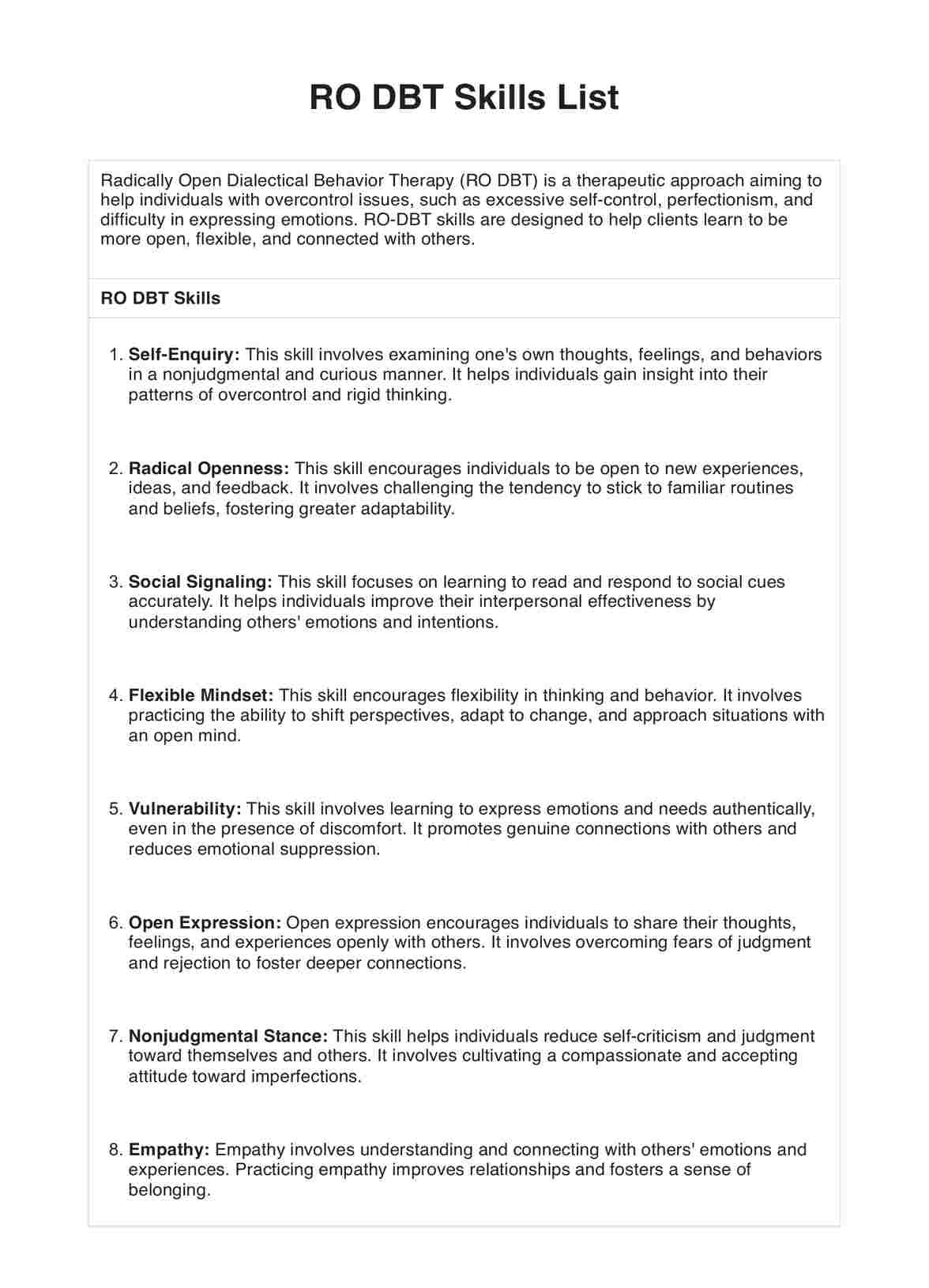
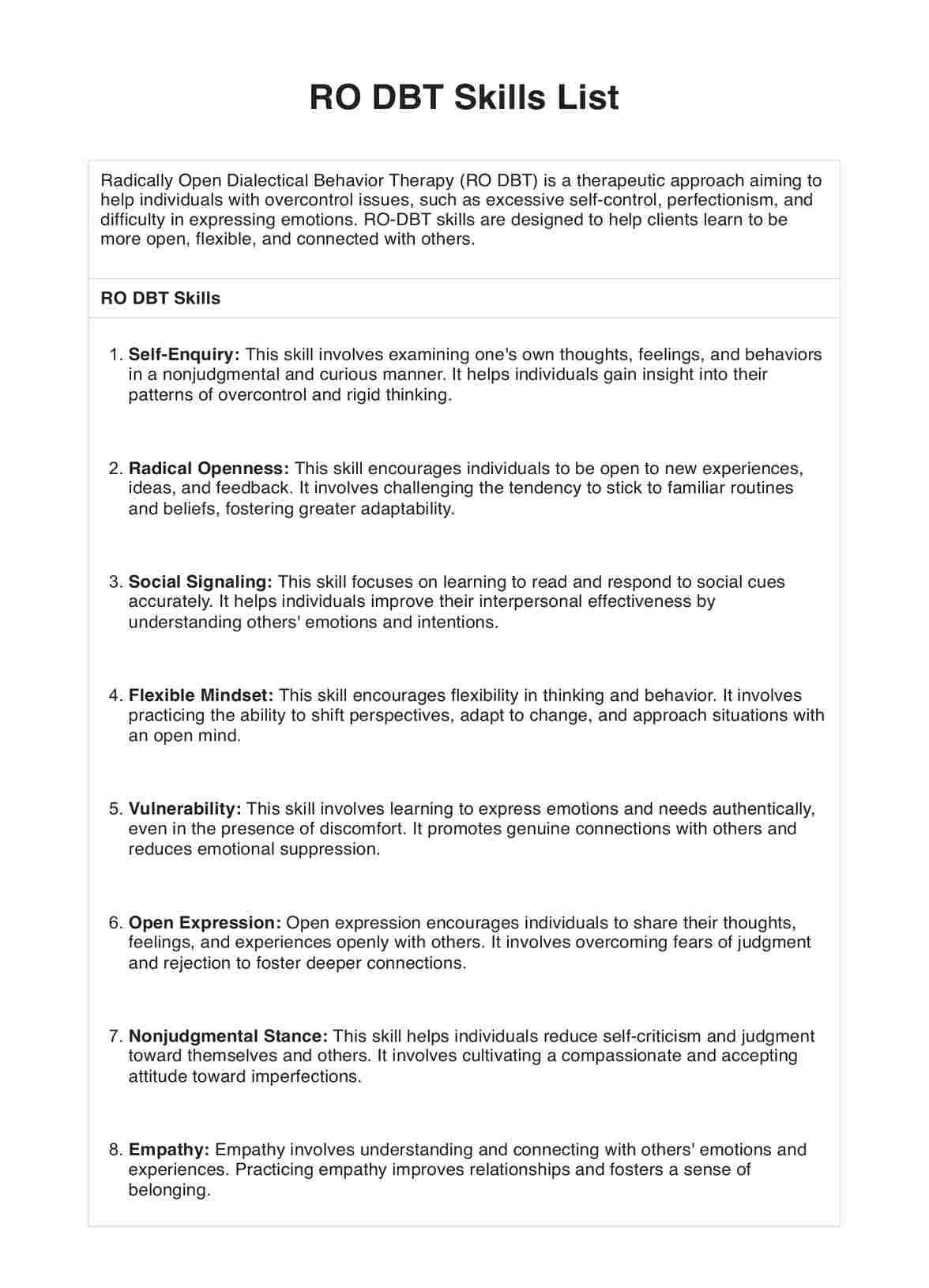

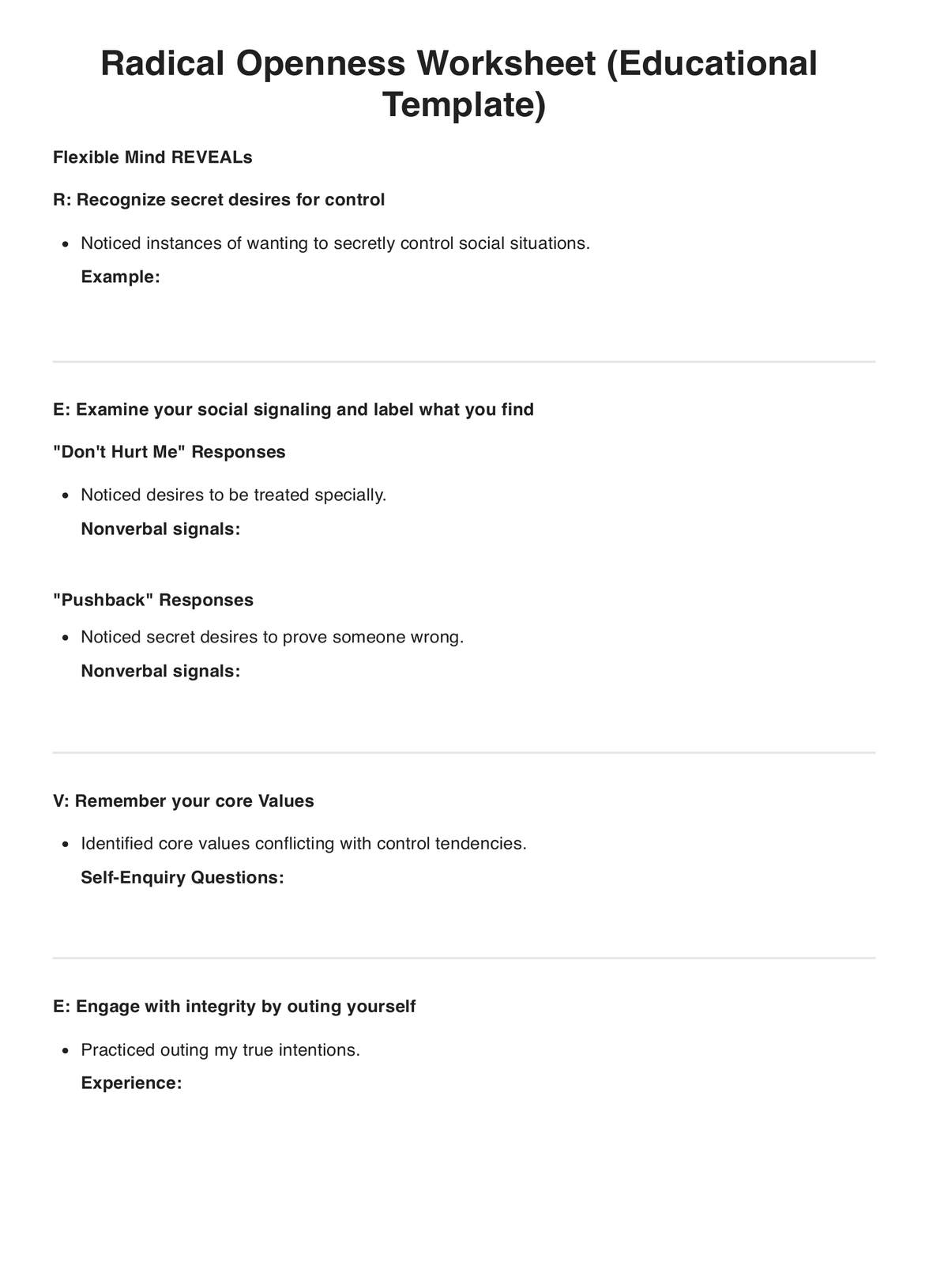
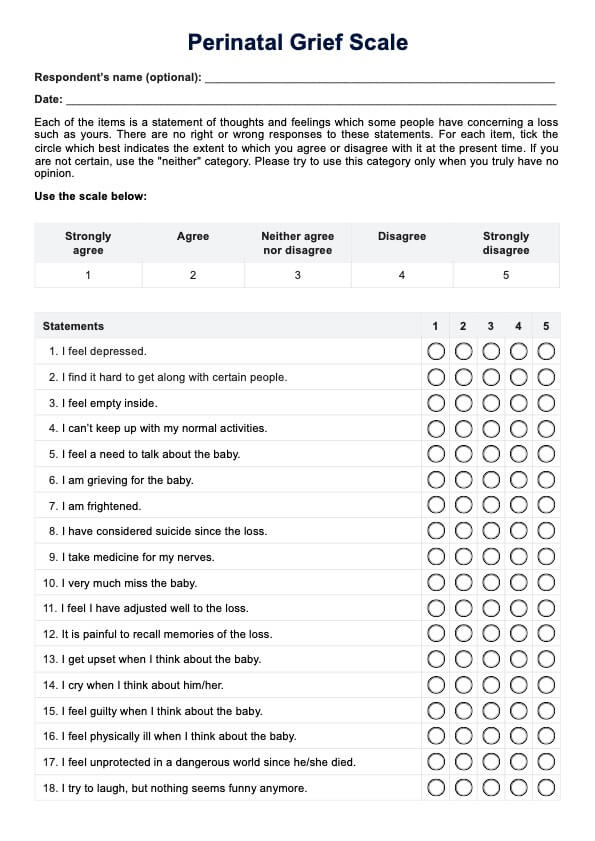
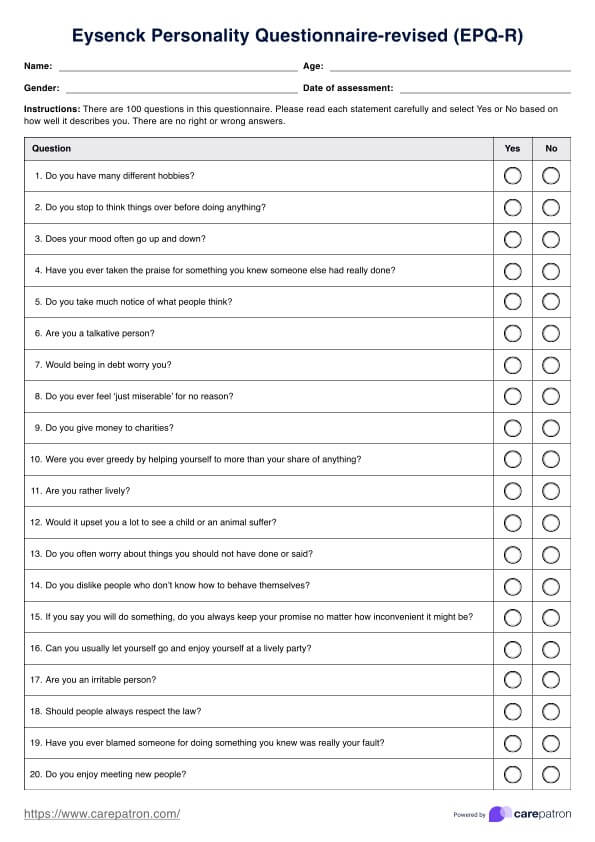
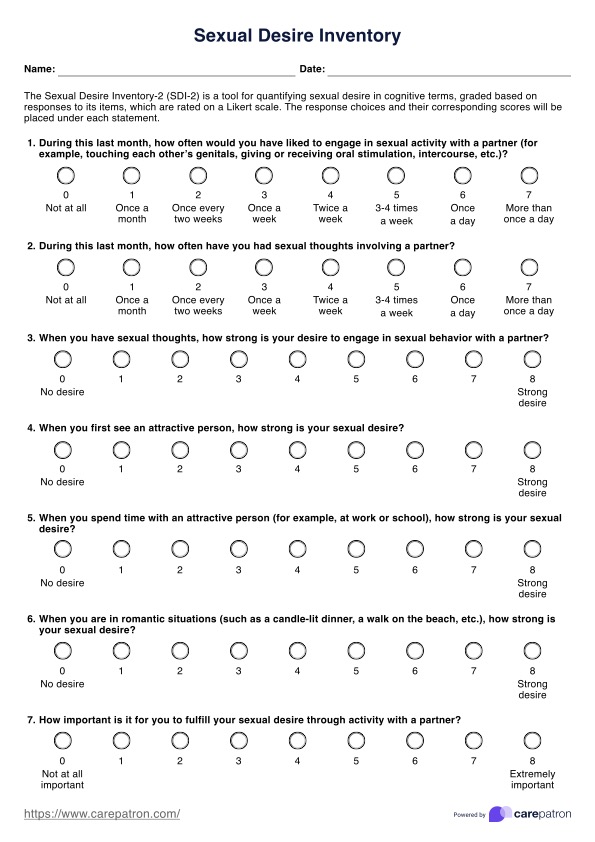











-template.jpg)


















































































